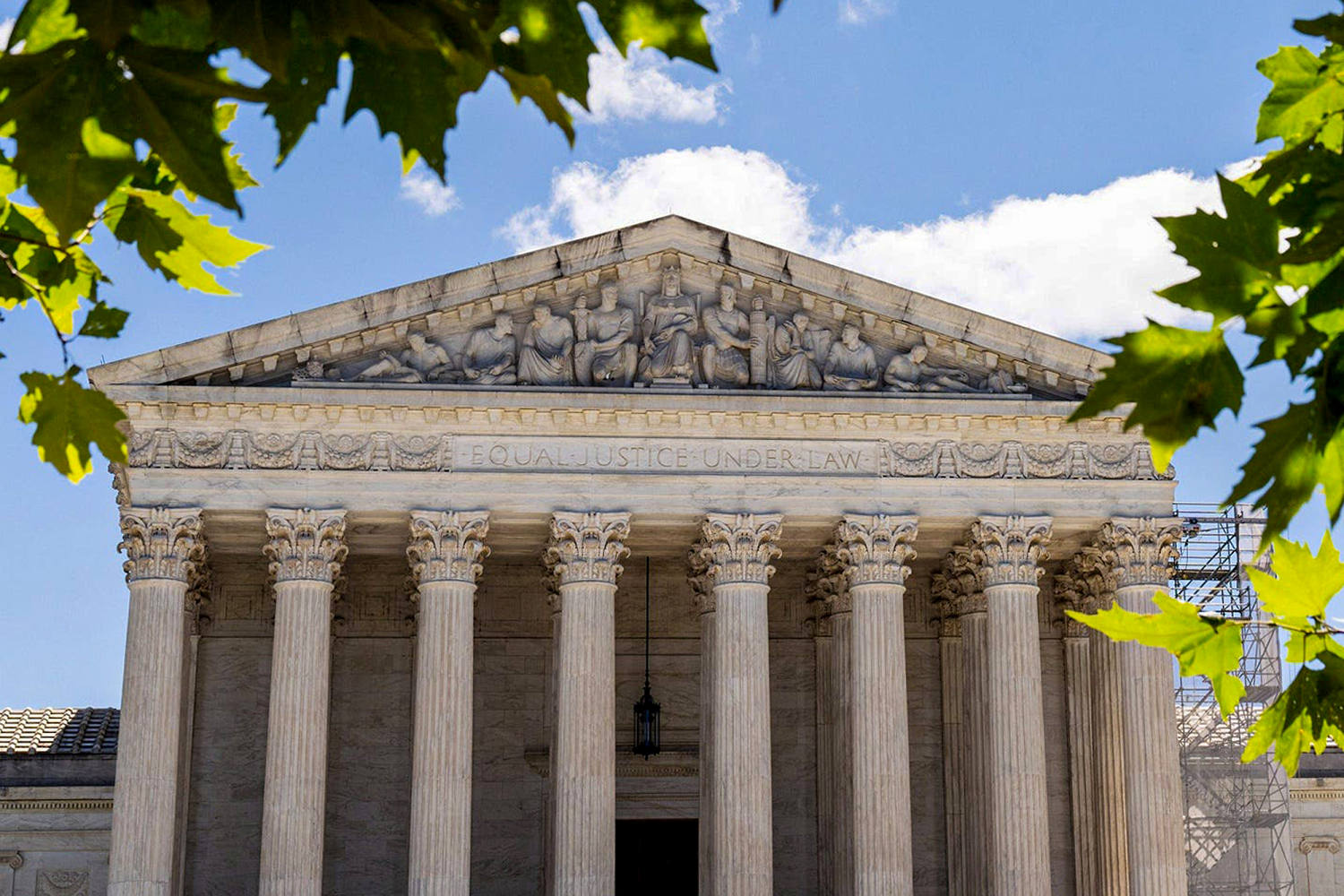Despite a finding by the Congressional Budget Office that extending the Trump tax cuts would increase the national debt by $4.7 trillion over the next decade, Republicans remain resolute in pursuing this path through a party-line reconciliation process. If successful, this will mark their fourth major enactment of a trickle-down tax cut in recent decades, none of which have delivered on their promises of leading to broad prosperity.
The pattern is painfully familiar. Each time, Americans have been sold the fantasy that cutting taxes for the wealthy and corporations would generate enough economic growth to benefit everyone — so much so that the tax cuts would actually pay for themselves. Each time the result has been the same: middle-class wages stagnate while wealth concentrates at the top, all while the budget deficit explodes as a result.
The 2017 Tax Cuts and Jobs Act was passed with grandiose promises that it would bring broad prosperity through trickle-down economics, but it delivered nothing of the sort.
The individual income tax savings in the 2017 tax cuts were overwhelmingly tilted to the highest earners; those in the top 1 percent saw their tax bill lowered by over $50,000, while those in the bottom 40 percent saw $380 or less in annual savings. This was exacerbated by the cut to corporate tax rates, which primarily funded stock buybacks. These benefited shareholders rather than workers.
With the wealthiest 10 percent owning over 90 percent of all stocks, there is simply no credible argument that this tax cut did anything to actually help the vast majority of Americans economically. Any politician arguing for the extension of this tax cut on the basis that it will help the middle class is either delusional or outright lying in service to plutocratic plunder.
Even more troubling are the trillions in spending offsets Republicans are currently looking to pair with an extension of the Trump tax cuts. They are preparing to enact substantial reductionsto Medicare benefits, to
Topics in this Story








.jpg)




